![]()
In a heartbreaking turn of events, the country music industry mourns the loss of Conway Twitty, a legendary figure known for his resonant voice and soul-stirring ballads. On June 5th, 1993, at the Cox Medical Center in Springfield, Mo, Twitty breathed his last at the age of 59, leaving behind an indelible mark on the world of country and western music.
The tragic cause of his untimely demise was a ruptured blood vessel in his stomach, a shocking development that occurred shortly after collapsing on his tour bus following a mesmerizing performance in Branson, Mo. Conway Twitty, whose birth name was Harold Jenkins, embarked on his musical journey as a rock-and-roll singer in the 1950s. His gold-certified hit, “Lonely Blue Boy,” catapulted him to fame, foreshadowing the extraordinary career that lay ahead. In 1958, Twitty secured his biggest triumph with “It’s Only Make Believe,” a chart-topper that reigned supreme on the pop charts.
Over the years, Twitty’s artistry graced the country charts with over 50 No. 1 songs, capturing the hearts of millions with poignant ballads of lost love such as “Tight Fittin’ Jeans,” “Hello Darlin’,” and “After All the Good is Gone.” Notably, Twitty found tremendous success in the early 1970s through his unforgettable duets with Loretta Lynn. Collaborative hits like “Louisiana Woman, Mississippi Man” and “After the Fire is Gone” earned the duo a well-deserved Grammy Award in 1971. Throughout his career, Twitty maintained an impressive pace, consistently releasing an album every eight months.
Renowned music critic Robert Palmer once described Twitty’s voice as instantly recognizable, praising its richness and distinct bluesy undertones. “Conway Twitty records are immediately recognizable,” Palmer wrote, underscoring the artist’s unique vocal prowess that resonated deeply with fans.
However, despite his early accomplishments in the realm of rock-and-roll, Twitty’s heart truly belonged to country music. Raised in Friars Point, Miss., nestled in the soulful Mississippi delta, his passion for the genre took root at a young age. Surrounded by the sounds of country tunes emanating from a local tavern’s jukebox or the harmonies of a nearby African American church, Twitty immersed himself in the essence of country music. Despite his early exposure and even having his own country band and radio show at the tender age of 10, Twitty initially hesitated to pursue a career as a performer, feeling he hadn’t lived enough to truly embody the essence of country music.
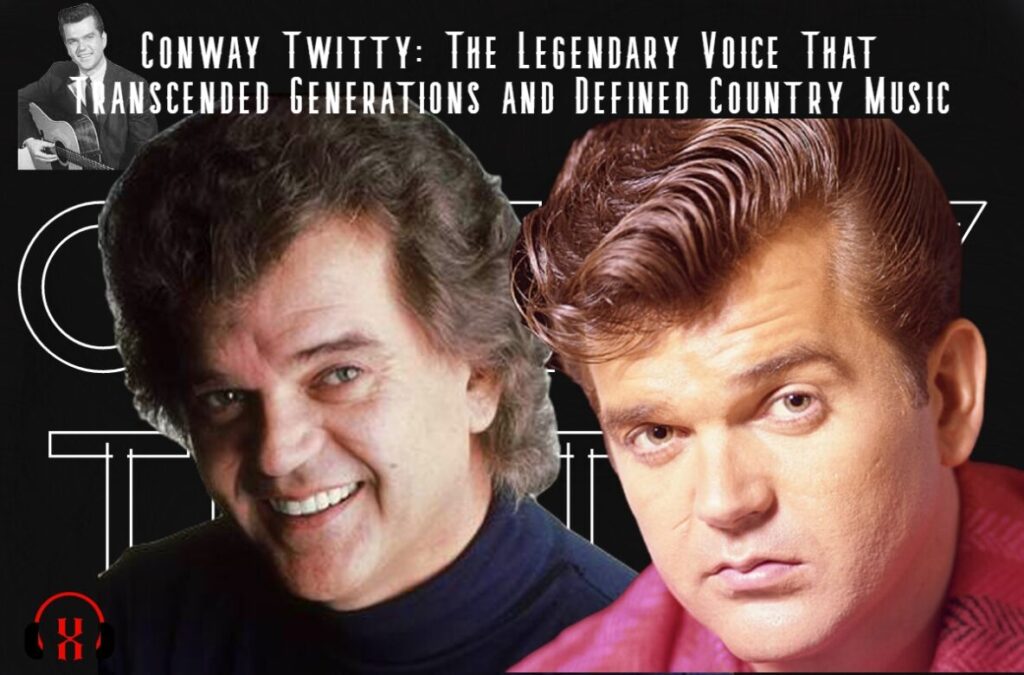
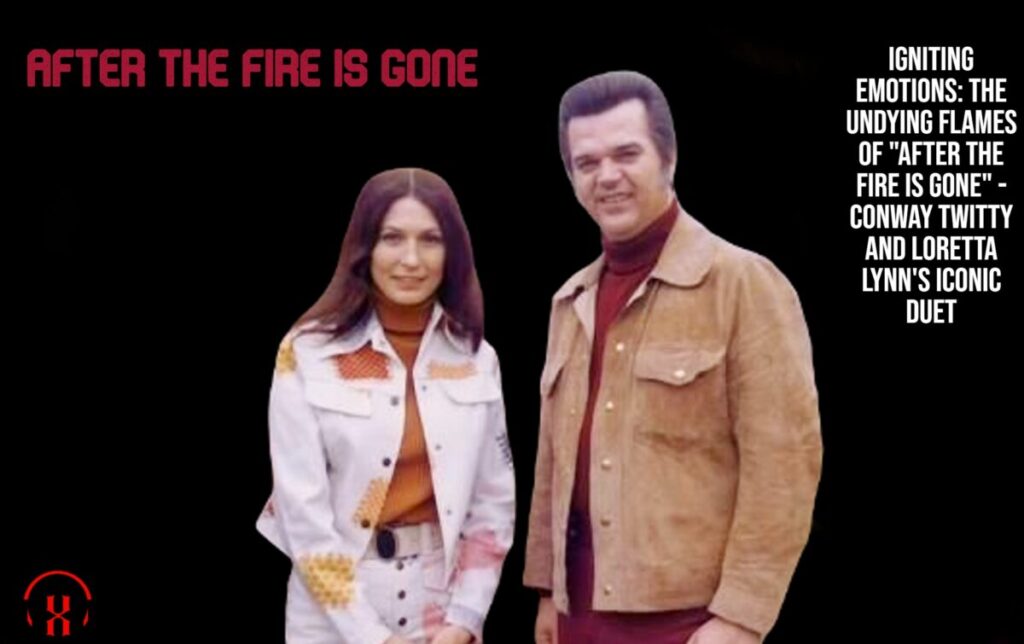
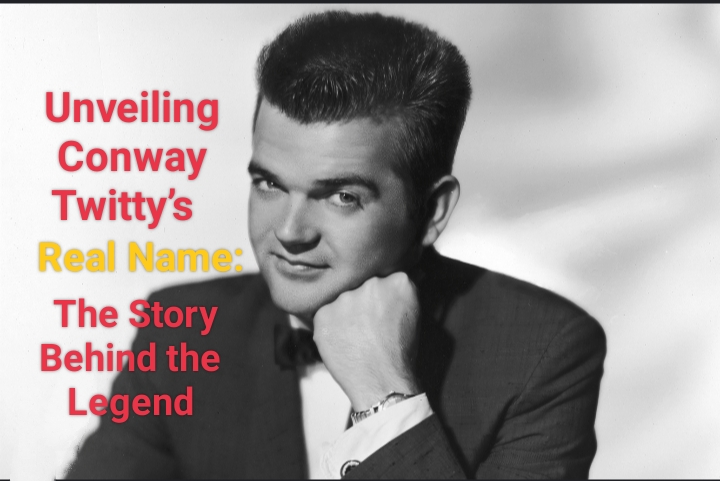
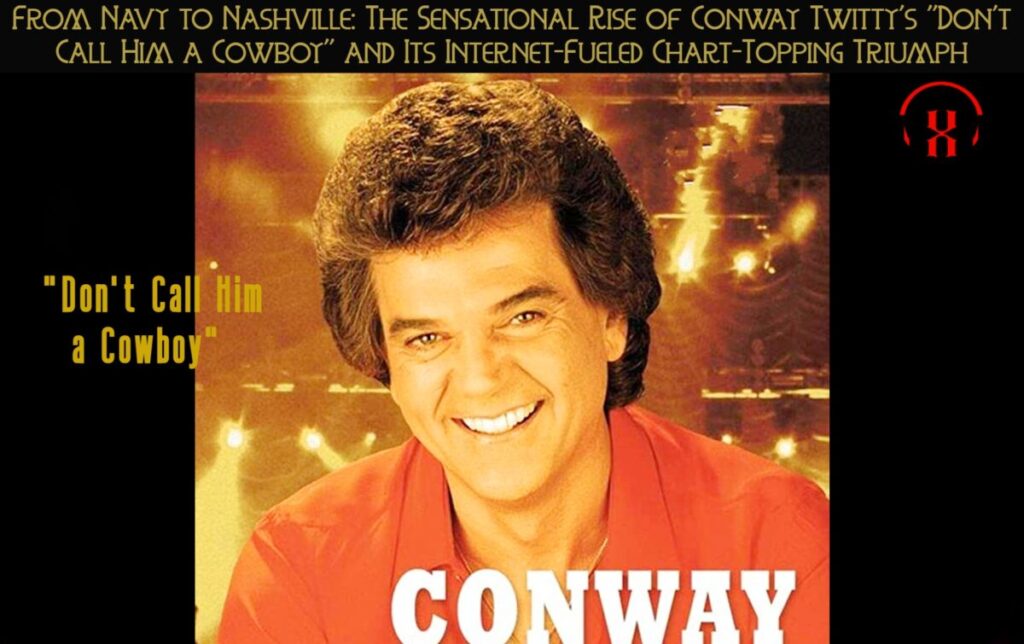
Interestingly, Twitty’s dreams of a baseball career temporarily diverted his musical aspirations. His baseball skills, which garnered attention from the Philadelphia Phillies, were put on hold due to a draft notice in 1954. While sports continued to be a significant part of his life, it was Elvis Presley’s revolutionary fusion of musical styles that compelled Twitty to reconsider his musical path. Inspired by Presley’s groundbreaking approach, Twitty formed a band called the Rock Housers, later renamed the Twitty Birds, and began touring extensively, performing rockabilly and Southern rock. The turning point arrived when Twitty’s belief in the potential of his song “It’s Only Make Believe” was validated by a radio station in Columbus, Ohio, leading to the resurgence of his music career.
With the success of “It’s Only Make Believe,” Twitty’s popularity soared, and he soon found himself gracing esteemed television shows and stages across the nation. Though many country artists strive to cross over to the pop charts, Twitty reveled in the satisfaction of having experienced success on both sides of the musical spectrum, firmly rooted in the country music he cherished.
Conway Twitty’s profound impact on the world of country music is survived by his wife, Dee, his mother Velma Jenkins, and his children Joni, Kathy, Jimmy, and Michael. Together, they continue to carry on his legacy from their home in Twitty City, located in Hendersonville, Tenn., a suburb of Nashville. As the country mourns the loss of an irreplaceable talent, Twitty’s music will forever echo in the hearts of his fans, a testament to the enduring power of his artistry.




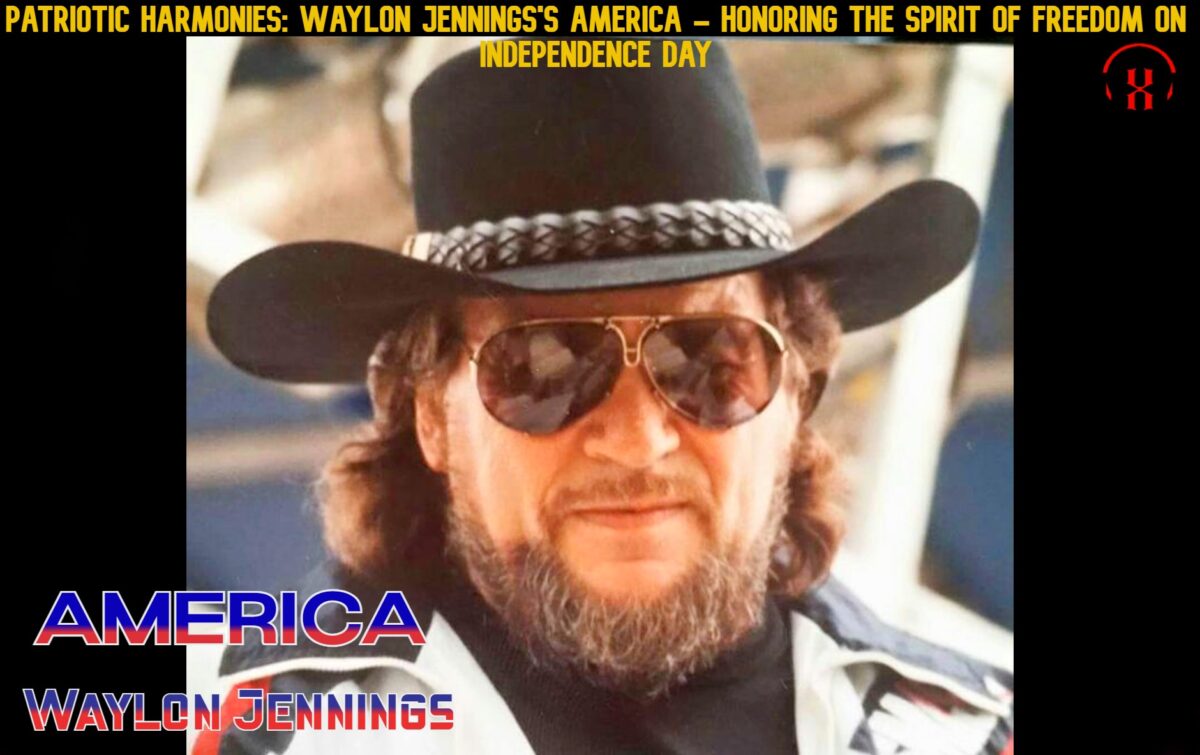
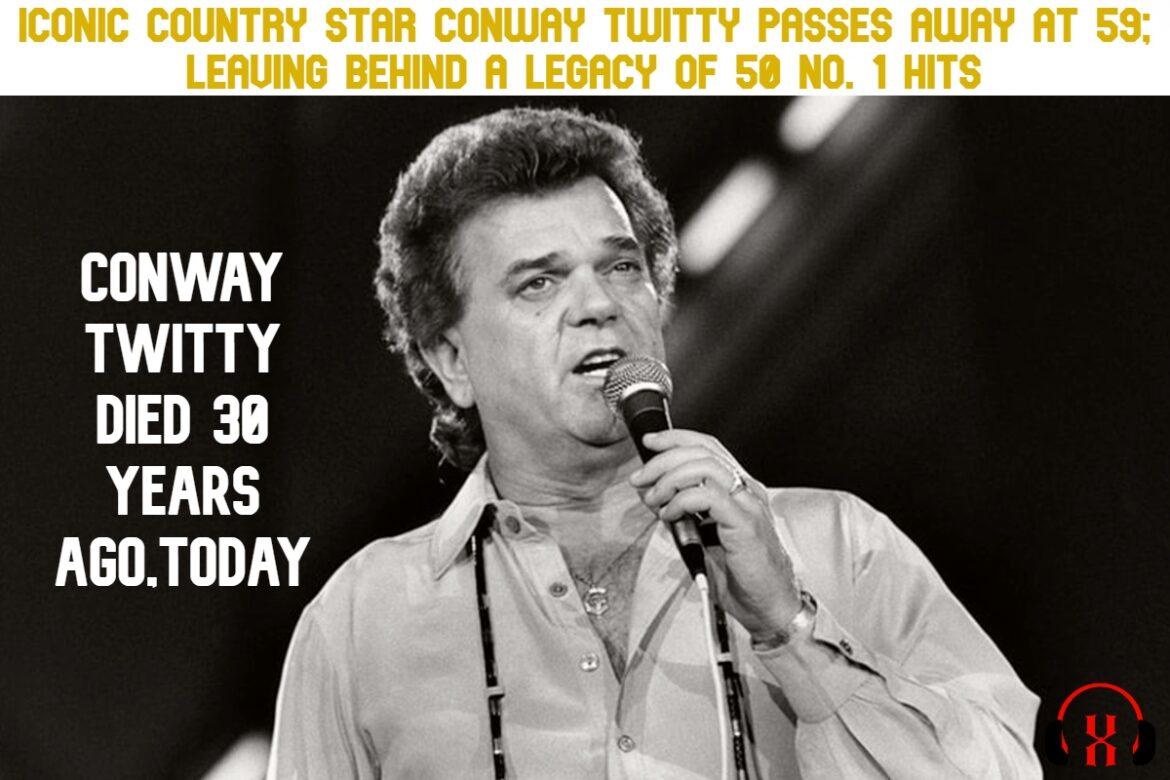
Comment on “Iconic Country Star Conway Twitty Passes Away at 59; Leaving Behind a Legacy of 50 No. 1 Hits”